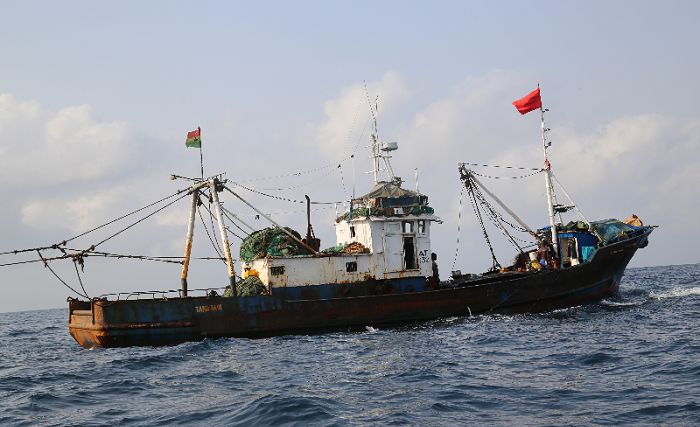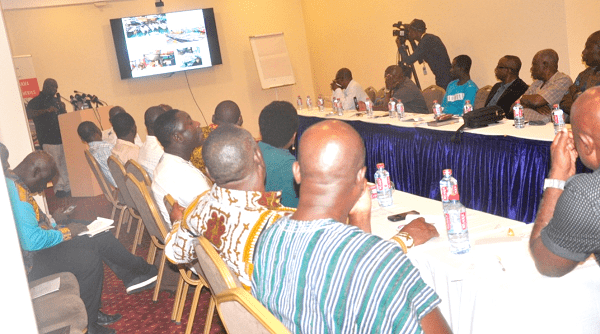
Ghana loses about $81m to illegal fishing practices — Study
A study conducted by Hen Mpoano and Environmental Justice Foundation, both non-governmental organisations (NGOs) on fisheries resources has revealed that Ghana loses between $52.7 to $81.1 million annually, through illegal fish trans-shipment, popularly called "Saiko."
The study, titled "Stolen at sea: How illegal Saiko fishing is fuelling the collapse of Ghana's fisheries," also indicated that the impact of industrial trawl fleet on Ghana's marine fisheries resources had been severely underestimated.
Advertisement
For instance, it said that only 40 per cent of an estimated 167,000 tonnes of fish caught by fishing trawlers in 2017, were landed legally and reported to the Fisheries Commission.
According to the study, approximately, 100,000 tonnes of fish were landed through Saiko in 2017, however, official statistics reported by the fishing trawlers to the Fisheries Commission was 67,205 tonnes in the same year, despite observers being present on a number of vessels.
The study claimed also that, majority of trawl vessels engaged in the Saiko trade were owned by Chinese.

launch
At the launch of the study in Accra last Monday, the Executive Director of Hen Mpoano, Mr Kofi Agbogah, said although Saiko was prohibited under Ghana's fisheries laws and attracts a fine of between $100,000 and $2 million respectively, the practice was widespread in the country due to lack of adherence to fisheries laws.
According to him, Saiko trade was having a significant impact on small pelagic stocks and "are likely a key contributing factor to the collapse" of the country's artisanal fishery industry.
For instance, the director said, a recent analysis of Saiko landing by the University of Cape Coast found that small pelagics made up about 55 per cent of the fish contained in Saiko slabs.
Mr Agbogah further explained that the study represented the first comprehensive attempt to estimate the volume and value of fish landed through Saiko as a basis to better understand the ecological and socio-economic implications of the practice.
Consequencies
During a panel discussion, a Natural Resource Economist with the United Nations University (UNU), Professor Wisdom Akpalu, said the fisheries industry employed about 10 per cent of the country's population and that the collapse of the industry will therefore have dire consequences on the economy of the country.
He said because majority of trawl vessels engaged in the Saiko trade were owned by foreigners, particularly the Chinese, money made from the trade did not stay in the country.
The Chairman of the governing body of the Fisheries Commission, Mr Emmanuel Mantey Mensah, who launched the report, said the commission would dispatch auditors to check on types of mesh sizes that were being used by industrial fishing vessels.



